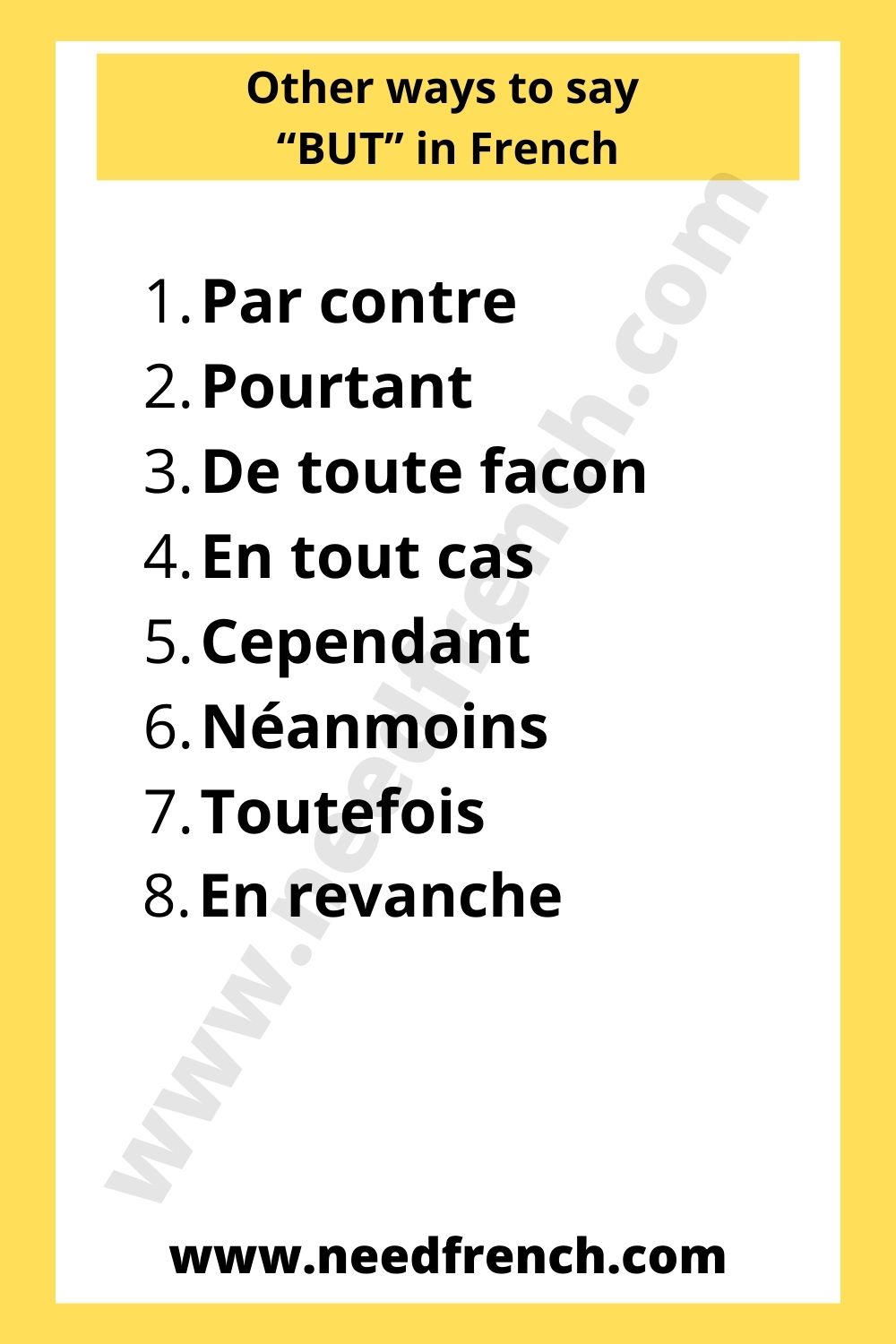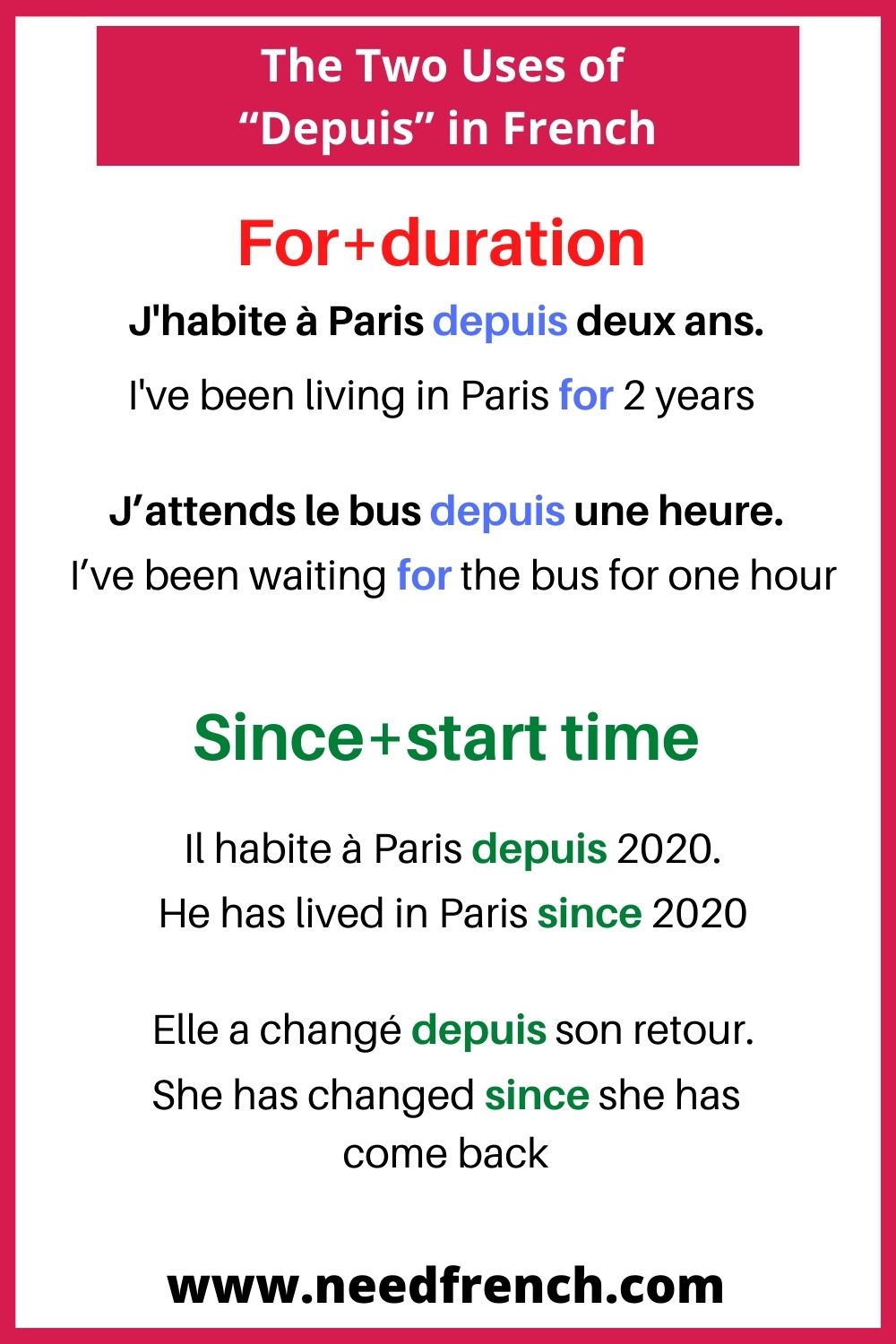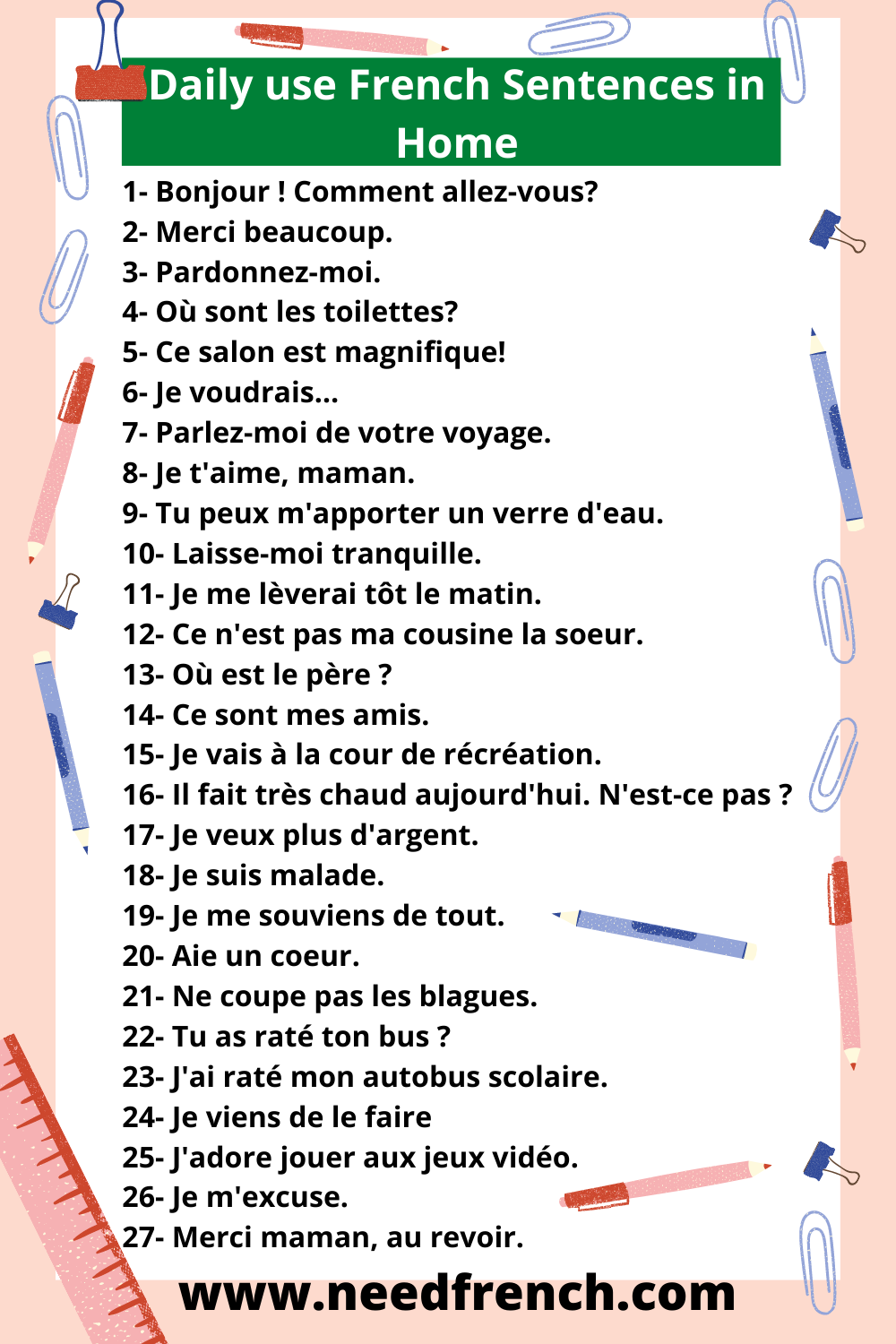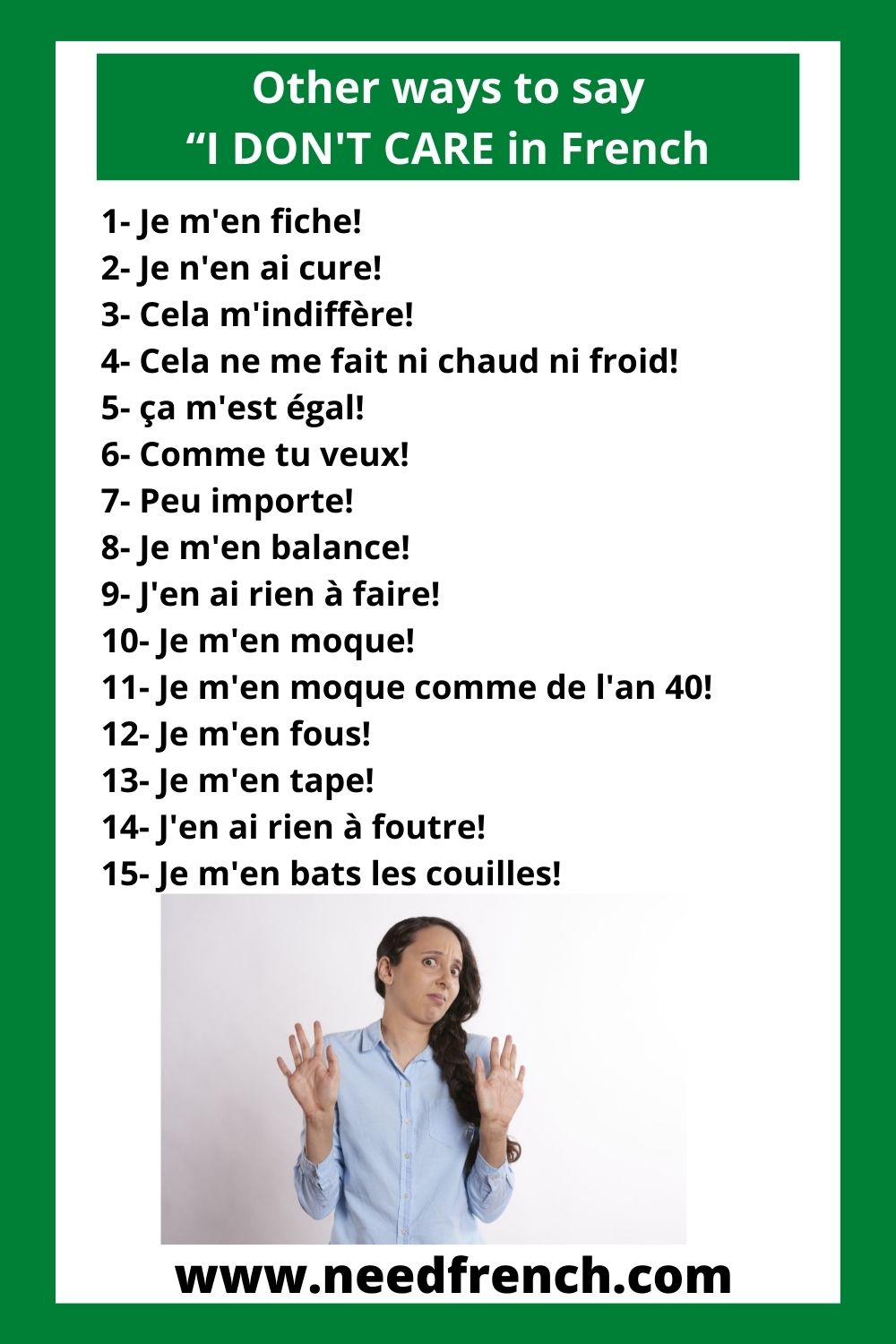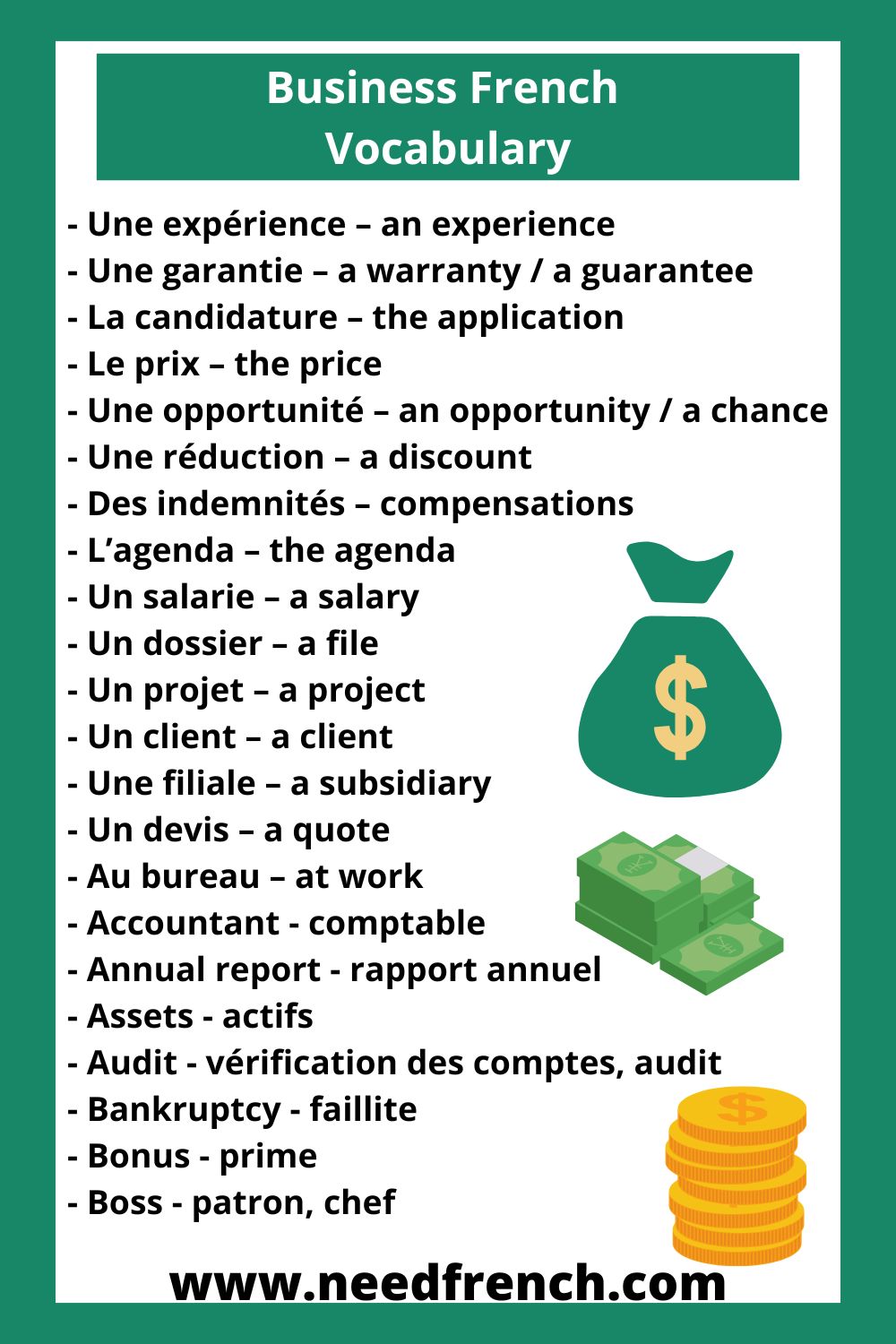French is a language rich in expressive phrases, and when it comes to telling someone to stop fooling around, it offers a variety of colorful options. In this article, we’ll explore different ways to say “Arrête de faire le clown!” (Stop being a clown!) in French, helping you to communicate more effectively and with a touch of humor in various situations.
Table of Contents
ToggleWhy Learn These Expressions?
- Cultural insight: These phrases offer a glimpse into French humor and social interactions.
- Linguistic versatility: Expand your French vocabulary with idiomatic expressions.
- Situational adaptability: Learn how to address different levels of playful behavior appropriately.
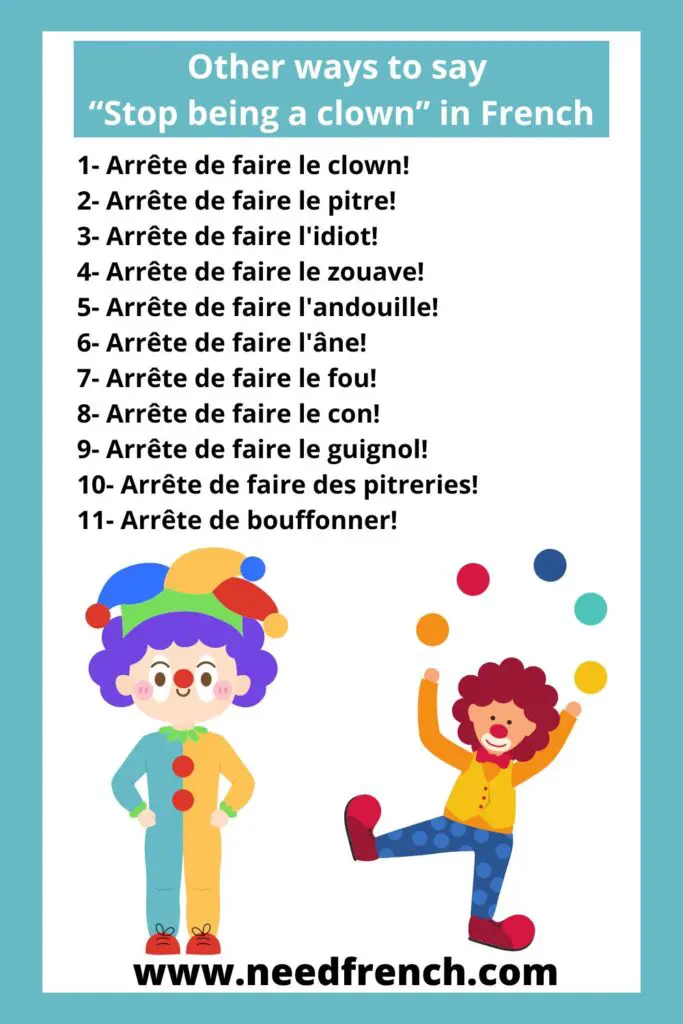
11 Ways to Say “Stop Being a Clown!” in French
- Arrête de faire le clown!
- Literal meaning: Stop acting like a clown!
- Usage: The standard way to tell someone to stop fooling around.
- Formality: Neutral, suitable for most casual situations.
- Arrête de faire le pitre!
- Meaning: Stop playing the fool!
- Usage: Similar to “faire le clown,” but can imply more deliberate attention-seeking.
- Formality: Slightly more formal than “faire le clown,” but still casual.
- Arrête de faire l’idiot!
- Meaning: Stop acting stupid!
- Usage: When someone is behaving foolishly or thoughtlessly.
- Formality: Can be seen as more critical, use with caution.
- Arrête de faire le zouave!
- Literal meaning: Stop acting like a zouave (a type of French colonial soldier)!
- Usage: Implies someone is acting silly or ridiculous.
- Formality: Casual, slightly old-fashioned.
- Arrête de faire l’andouille!
- Literal meaning: Stop acting like a sausage!
- Usage: A humorous way to tell someone they’re being silly.
- Formality: Informal, playful.
- Arrête de faire l’âne!
- Literal meaning: Stop acting like a donkey!
- Usage: Implies stubborn or foolish behavior.
- Formality: Informal, can be seen as more critical.
- Arrête de faire le fou!
- Meaning: Stop acting crazy!
- Usage: When someone is being overly excited or unreasonable.
- Formality: Casual, can be playful or serious depending on tone.
- Arrête de faire le con!
- Meaning: Stop acting like an idiot!
- Usage: A more vulgar way to tell someone to stop being foolish.
- Formality: Very informal, can be offensive. Use with caution.
- Arrête de faire le guignol!
- Literal meaning: Stop acting like a puppet!
- Usage: When someone is making a spectacle of themselves.
- Formality: Informal, slightly theatrical.
- Arrête de faire des pitreries!
- Meaning: Stop your antics!
- Usage: When someone is engaging in silly behavior or pranks.
- Formality: Slightly more formal, could be used by teachers or parents.
- Arrête de bouffonner!
- Meaning: Stop clowning around!
- Usage: A more direct way to tell someone to stop joking or acting silly.
- Formality: Informal, can sound a bit harsh.
Cultural Notes
- The French often use humor to address behavior, even when asking someone to stop.
- Animal comparisons (âne, andouille) are common in French idiomatic expressions.
- The level of formality can greatly affect how these phrases are received.
How to Use These Expressions
- Consider your relationship with the person and the situation when choosing an expression.
- Pay attention to your tone of voice, as it can change the perceived severity of the phrase.
- Be aware that some expressions (like “faire le con”) can be offensive in certain contexts.
- These phrases are generally used with the “tu” form, implying familiarity or speaking to children.
Conclusion
These French expressions showcase the language’s rich capacity for describing behavior with humor and nuance. By learning them, you’re not just expanding your vocabulary, but also gaining insight into French cultural attitudes towards playful or silly behavior.
Practice Activity: Try creating short dialogues using these expressions in different scenarios (e.g., friends joking around, a teacher addressing a class clown, parents talking to children). This will help you understand the appropriate context for each phrase.
Question for readers: Which of these expressions do you find most interesting or amusing? Are there similar expressions in your own language for telling someone to stop fooling around? Share your thoughts in the comments below!
Want to warm up your French skills? Check out our other articles:

